Taking a step forward, a first-ever transgender school and shelter called Tahafuz Darsgah has been established near Wildlife Park Jallo, in Lahore. The unique centre where transgender children will be imparted education from primary to O and A-level, taught various skills, as well as provided free education was recently inaugurated by former Caretaker Chief Minister Mohsin Naqvi and IG Punjab.
The newly-built three blocks of Tahafuz Darsgah house a school, a vocational centre and a hostel, and is a collaborative effort by the UK Curriculum and Accreditation Body (UKCAB) and the Punjab Police. “It is for transgender children who are not accepted by their families,” shared Hamza Atiq, representative of UKCAB and coordinator of Tahafuz Darsgah.
“There is accommodation available for transgender children up to the age of eighteen,” adds Atiq who expects classes to commence in the next few weeks. “The faculty include transgender people while transgenders who have been fighting for the welfare of their community for a long time have been enlisted as volunteers. The staff is being trained and work has begun for the registration of students.”
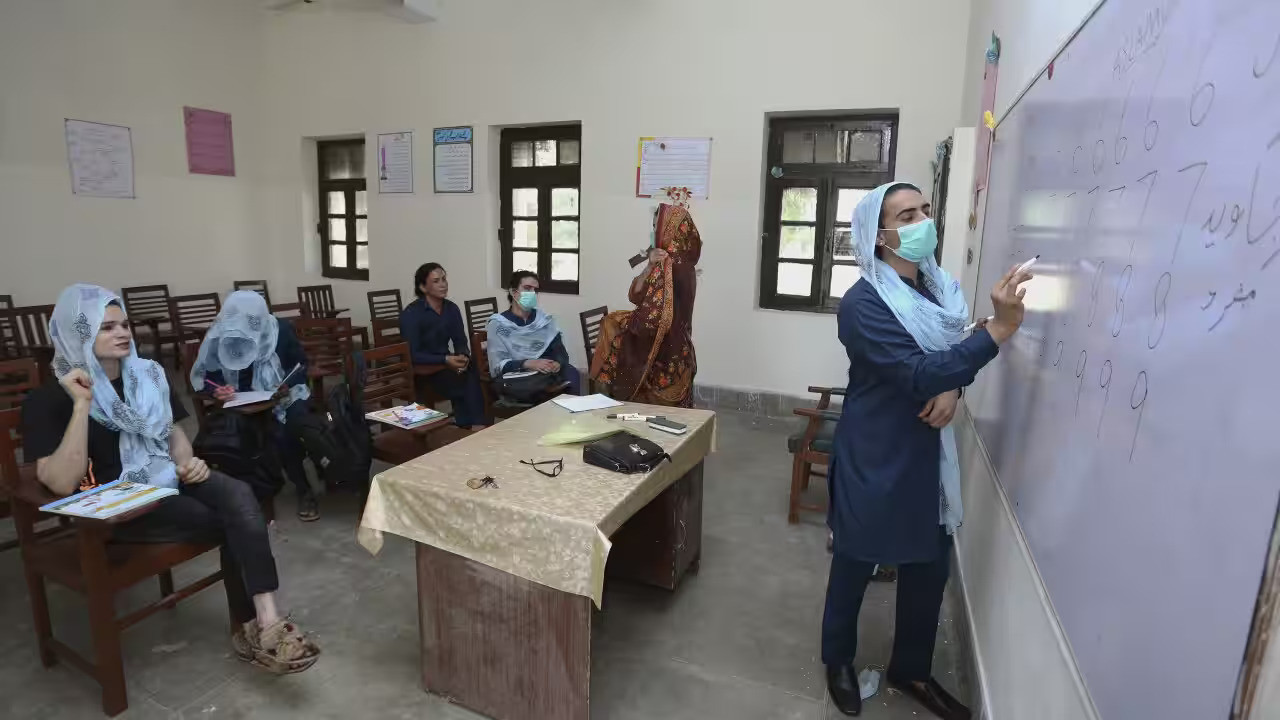
While the education centre is being praised by the transgender community, they also have some reservations regarding the disclosure of children’s gender. In our social setup, the most difficult task is to get hold of transgender children and convince their parents to enroll their child in this special transgender school, points out Neeli Rana, a Lahore-based transgender guru and rights activist. “In our society, parents hide the identity of a child until he reaches adulthood and his gender characteristics and habits become obvious,” Rana shares. “Even if a family finds out after birth that their child is transgender, they hide the identity for fear of stigma in the family and society. Such children are usually presented as boys.”
Rana knows dozens of transgenders presenting themselves as women who have been educated as boys up to matriculation, or higher secondary.
“No parents want to let their children leave their home or let them away from themselves,” says Rana. “If a child has habits and behaviour like a transgender, even then parents try to keep this child with other siblings so that the child can become like them. Parents separate their child from themselves only when he becomes an adult and his habits and nature become clear or the eunuch himself decides to leave the parental home.”
On finding the right children and supportive families for Tahafuz Darsgah Rana says, “God willing, this project will be successful, but generally, projects supported by foreign funding and NGOs continue only for as long as money is available."

Project volunteer Zanaya Chaudhry, who serves as a victim support officer in the Punjab Police's Police Khidmat Markaz, suggested to the organisers that the age limit for students should be raised to above 18 years. She also recommended that a policy should be made to admit older transgender persons as well.
“We are looking for transgender children with the help of community members,” says Chaudhry. “Some families have been contacted and they are being counselled to enroll their children in the school.”
Chaudhry who believes that the most important target is the registration of children also suggested that a pick-and-drop facility should be provided for transgender children as the school is built in a far-off area from the city and there is no transgender community in the area. However, the administration believes that since a hostel for children has also been built here, pick and drop will not be an issue.
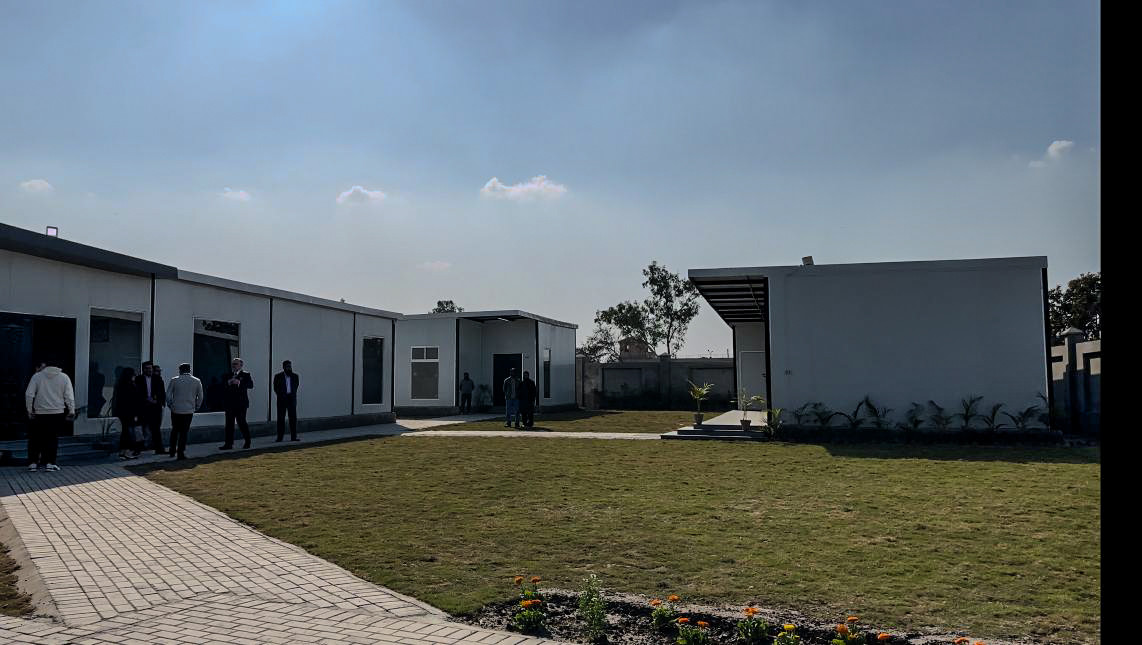
“It will be difficult to accommodate transgender children in hostels,” says Nigahen, a transgender. “A transgender child living with a guru cannot be admitted to school without the child’s consent, as they are reluctant to leave their gurus.”
Nighahen said that when a guru takes a eunuch as a disciple, apparently this relationship is called guru-discipleship, which is a strong tradition in their community, behind which there is actual sale and purchase of a human being. “The guru buys a young eunuch with a huge sum of money and takes a certain share of the disciple's earnings,” they explain. “When a disciple transgender wants to leave their guru, they have to pay back all the money with interest to the guru that was initially spent on his mentoring, accommodation, food and drink. This amount often runs into millions. Without ending this guru-chela [disciple] system, transgender children cannot get freedom.”
Some transsexuals say that the name ‘transgender’ name is also used for fame. It is more likely to earn foreign funding in the name of freedom of the transgender community. They feel that no matter how independent a transgender becomes or is presented as independent, he/she faces difficulties in practical life. People have a certain fixed opinion about them whereby transgender people and their issues are not taken seriously.
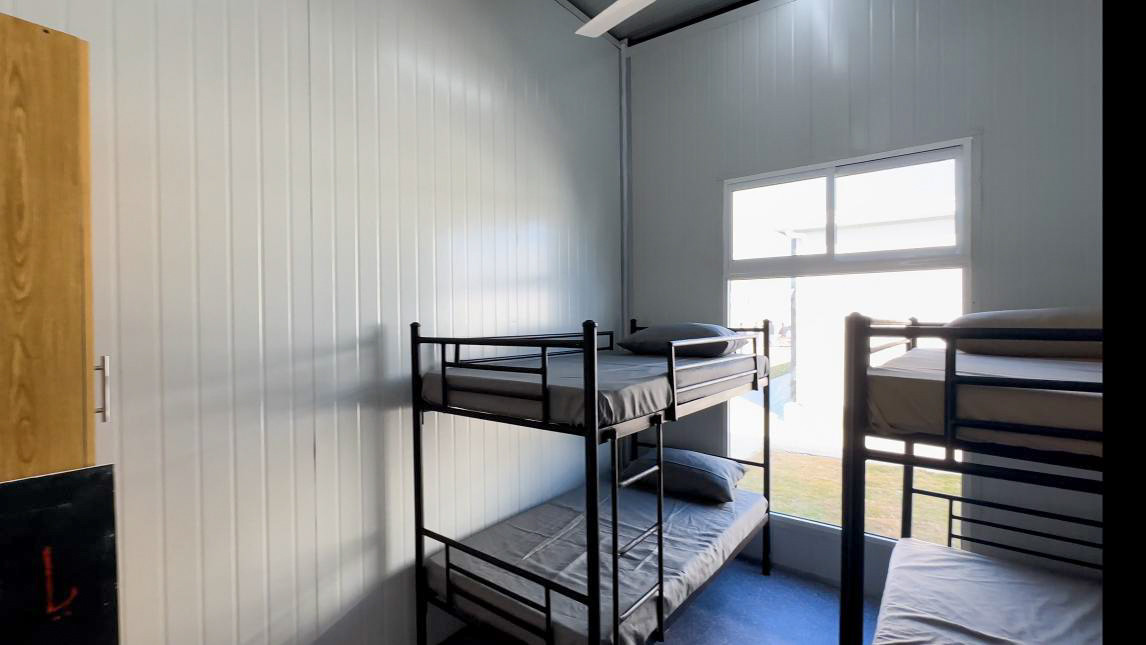
Jannat Ali, an artist and eunuch from Lahore, believes that on the one hand, parents do not admit that their child is eunuch, while on the other hand, a eunuch child who lives with his parents does not disclose his gender because he is afraid that if he tells the truth, he will be thrown out of the house and his family will not accept him. Hence, he grows up on lies.
Ali believes that ideally transgender children should study in regular schools and colleges like regular children and should be given separate recognition there. “The establishment of a separate school for them is also a good move because it will provide education and skills to transgender persons who up until now have relied on begging, dancing and prostitution,” they say. “This way they will get better jobs or learn skills and start their own businesses.”
However, the claim that Tahafuz Darsgah is the first-ever school for transgender community in Lahore is probably not true. Earlier, schools have been established in different districts of Punjab including Multan, Bahawalpur and Dera Ghazi Khan, including the one established by the Department of School Education Lahore, but unfortunately these schools are not playing as active role as they were expected to. These schools now only have classes spanning two-hours three days a week on Monday, Tuesday and Wednesday. Here transgender persons are given a monthly stipend of Rs10,000, which attracts them to enrolment, attending classes and learning skills.
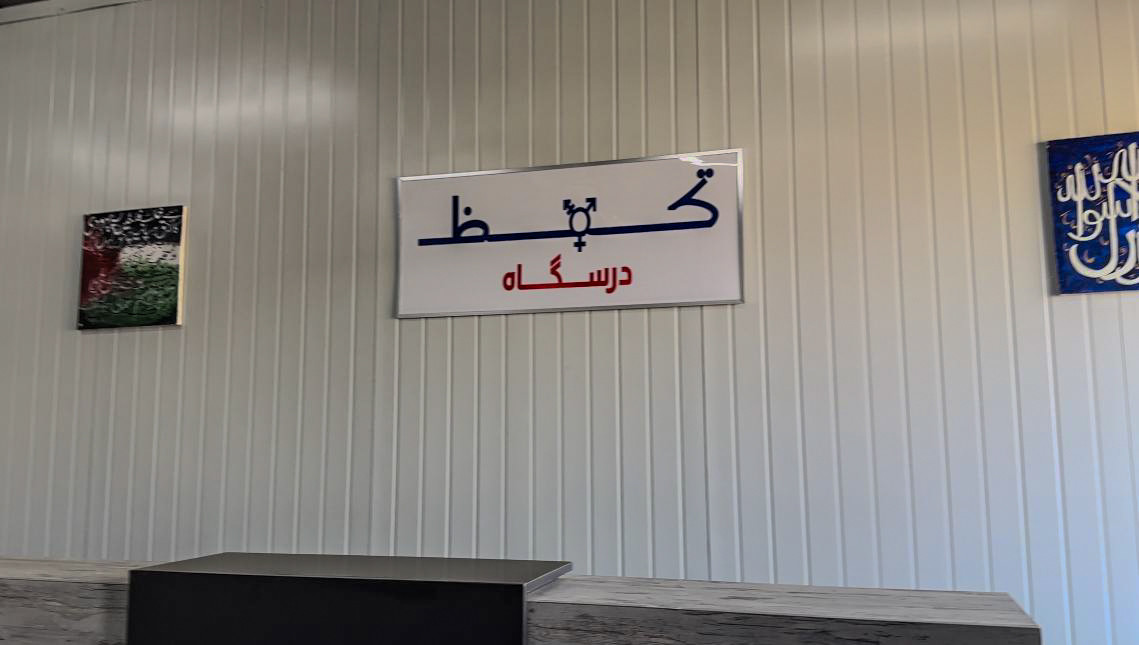
In 2018, the Exploring Future Foundation (EFF), a non-governmental organisation in Lahore, established the first school for transgender people named The Gender Guardian. “All projects for the transgender community are generally funded by the World Bank or foreign NGOs working for the autonomy of the transgender community,” shares Asif Shehzad, who heads EFF. At the global level, projects for the empowerment of oppressed groups, including women and transgender people, have gained much traction.
“The Punjab government has established schools for transgender people in Lahore and various districts of Punjab under the auspices of the School Education Department,” shares Shahzad. “The school established in Multan had state-of-the art facilities as well as the provision of transport. However, for some reason the schools have failed to play an active role in empowering the transgender community with education and skills.”
Shahzad believes that it is important to understand the psychology of the transgender community. These people cannot come to school for five or six hours every day like regular students. “The most difficult task for them is to wake up early in the morning,” he says. “Even if you start giving monthly stipends to them, they still won’t attend school regularly because they earn thousands of rupees per month themselves through singing, dancing and prostitution.”
Shahzad explained that for this reason they had adopted a different approach from the traditional method. “Instead of teaching them the regular school curriculum, we only teach them Urdu, English and Mathematics,” he shares. “Besides these basics, they are given courses in sewing, embroidery, cooking, driving, beautification, fashion designing and other skills. They show a keen interest in learning these skills.”
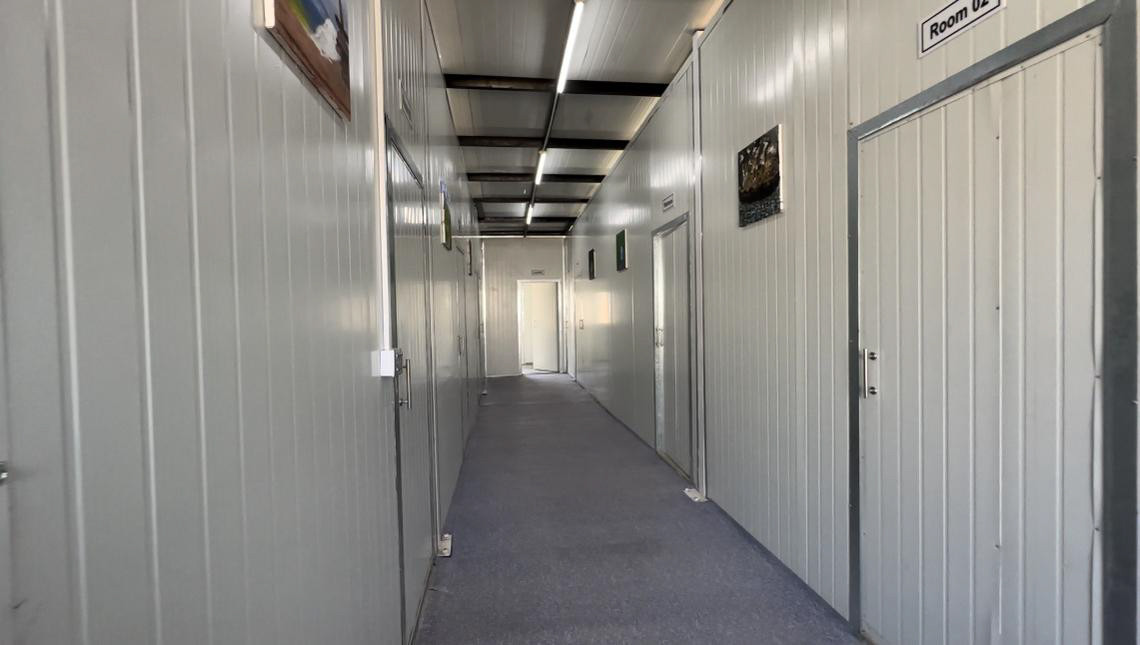
Shahzad pointed out that it is unfortunate how in our society the identity of transgender persons is hidden when they are young. “Even though parents know about their child's gender, they shy away from telling as they are afraid of being stigmatised and possibly ostracised,” he says. “Since they are not sent to school, they miss out on education and then grow up to dance and later to beg on the streets when they are old.”
But Atiq believes that the traditional system of guru-disciple among th transgender community cannot be abolished unless they are educated and trained right from their childhood. “We will provide a safe environment for these children,” he resolves. “Those children will be able to get education according to the Oxford syllabus from expert teachers and above all they will get support from Punjab Police. No eunuch guru would dare to make a eunuch child his disciple.”
Atiq remains optimistic and reiterates that when these children grow up in a free environment, they will become useful citizens of the society and will be able to play their role in various fields of life according to their abilities.
